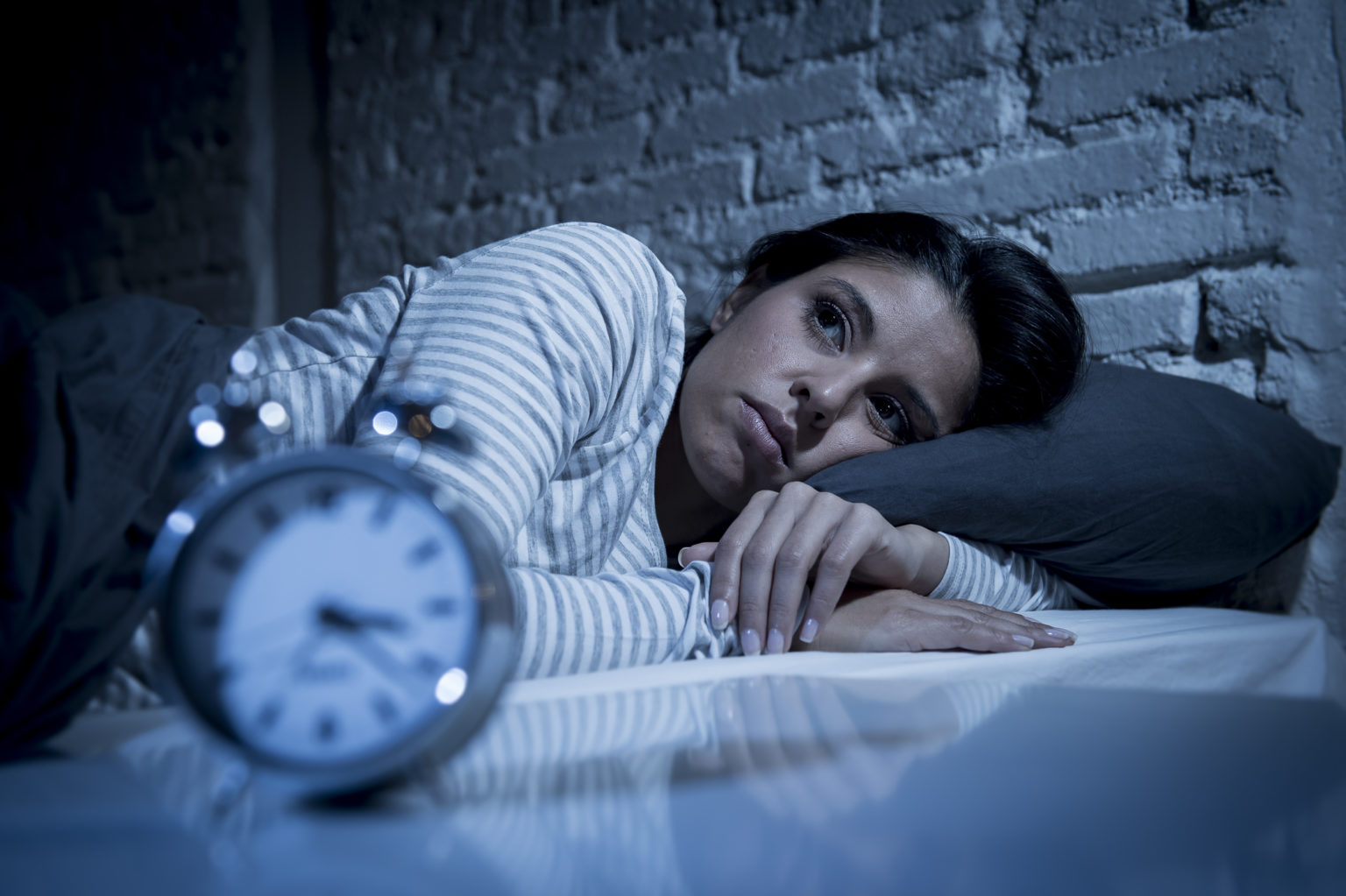Expert Secrets Unlocked: Your Guide To Conquering Middle-of-the-Night Insomnia!

Waking up in the middle of the night like clockwork is a common experience, affecting a significant portion of the population. Studies indicate that 31 percent of individuals report waking at least three nights per week, with nearly 8 percent struggling to fall back asleep. This phenomenon can be perplexing, even for those not experiencing stress or physical exhaustion, leading to feelings of being "wired" despite a desire for rest.
Sleep specialists, including Shannon Sullivan, MD, a sleep specialist at Stanford Medicine, Milena Pavlova, MD, a neurologist specializing in Sleep Medicine and Epilepsy, and Rebecca Robbins, PhD, an assistant professor of medicine at Harvard Medical School,agree that occasional awakenings are a natural part of the human sleep cycle. During these transitions between different levels of alertness, most people don't even notice they've woken up. However, various factors can cause more noticeable disruptions.

Photo Credit: Google
Potential reasons for waking up include environmental disturbances like noise or light, the need to use the bathroom, the consumption of certain substances like medications or alcohol before bed, or more serious conditions such as sleep apnea. Understanding the root cause can help in prevention; for example, reducing fluid intake before bed if nocturnal bathroom trips are common, or moderating alcohol consumption. Dr. Sullivan highlights a crucial distinction: "The thing that woke you up is not the thing that’s keeping you awake," suggesting that even if the initial cause is unclear, there are still actionable steps to return to sleep.
When you find yourself awake in the middle of the night and unable to doze off, experts advise against looking at the clock. According to Dr. Robbins, sleep is highly psychological, and checking the time can trigger a stress response, making it harder to relax. Similarly, all light-emitting screens—phones, laptops, and TVs—should be avoided. Instead, assess if there are any immediate environmental factors such as heat, brightness, or noise that can be easily remedied. The key is to maintain calm and tell yourself, "No big deal, I’m going to go back to sleep," repeating this as necessary.
It's important not to excessively worry about a single night of poor sleep, even before significant events. Dr. Sullivan reassures that "Having a less than perfect night of sleep now and again is part of the human experience." Furthermore, a sleepless night builds "sleep pressure," often making the subsequent night's sleep easier. However, if you find yourself lying awake for an extended period, Dr. Pavlova suggests getting out of bed. Remaining in bed while unable to sleep can create a negative mental association between your bed and wakefulness.
If you get out of bed, keep the lights low to respect your circadian rhythm and engage in simple, relaxing activities. These could include reading a few pages of a book, doing light stretching or breathing exercises, listening to calming music or an audiobook. Dr. Robbins humorously suggests folding clothes, noting its effectiveness: "Truly, sock-folding is the best thing in the middle of the night." This type of non-stimulating activity can break the stress cycle associated with trying to force sleep. Once you begin to feel drowsy again, return to bed and try to fall asleep. This cycle can be repeated until sleep occurs.

Photo Credit: Google
For those experiencing regular middle-of-the-night awakenings, a review of sleep hygiene and habits is recommended. Establishing a strong sleep routine helps signal to the body that it’s time for rest, improving the ability to sleep through the night. This involves creating an optimal sleep environment—cool, dark, quiet, and cozy—and adhering to a consistent bedtime. Relaxing activities, rather than screen time, should precede sleep. While a good routine may not offer immediate relief in a sleepless moment, it fosters stronger overall sleep health.
If middle-of-the-night wake-ups persist for multiple weeks and begin to interfere with daily life, consulting a doctor is advisable. Nevertheless, it's also crucial to remember that "Sleep is fundamentally a byproduct of our lives, and we go in and out of ruts with sleep," as Dr. Robbins observes, emphasizing that temporary sleep difficulties are a normal part of the human experience.
You may also like...
Super Eagles Fury! Coach Eric Chelle Slammed Over Shocking $130K Salary Demand!
)
Super Eagles head coach Eric Chelle's demands for a $130,000 monthly salary and extensive benefits have ignited a major ...
Premier League Immortal! James Milner Shatters Appearance Record, Klopp Hails Legend!

Football icon James Milner has surpassed Gareth Barry's Premier League appearance record, making his 654th outing at age...
Starfleet Shockwave: Fans Missed Key Detail in 'Deep Space Nine' Icon's 'Starfleet Academy' Return!

Starfleet Academy's latest episode features the long-awaited return of Jake Sisko, honoring his legendary father, Captai...
Rhaenyra's Destiny: 'House of the Dragon' Hints at Shocking Game of Thrones Finale Twist!

The 'House of the Dragon' Season 3 teaser hints at a dark path for Rhaenyra, suggesting she may descend into madness. He...
Amidah Lateef Unveils Shocking Truth About Nigerian University Hostel Crisis!

Many university students are forced to live off-campus due to limited hostel spaces, facing daily commutes, financial bu...
African Development Soars: Eswatini Hails Ethiopia's Ambitious Mega Projects

The Kingdom of Eswatini has lauded Ethiopia's significant strides in large-scale development projects, particularly high...
West African Tensions Mount: Ghana Drags Togo to Arbitration Over Maritime Borders

Ghana has initiated international arbitration under UNCLOS to settle its long-standing maritime boundary dispute with To...
Indian AI Arena Ignites: Sarvam Unleashes Indus AI Chat App in Fierce Market Battle

Sarvam, an Indian AI startup, has launched its Indus chat app, powered by its 105-billion-parameter large language model...
:max_bytes(150000):strip_icc()/Health-GettyImages-2173549385-f9e915aa1a394c52ae60fc50f43bf113.jpg)
